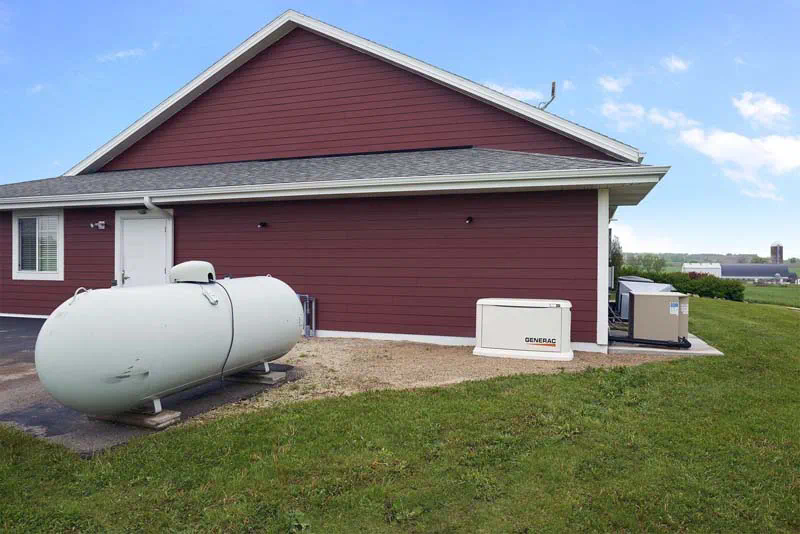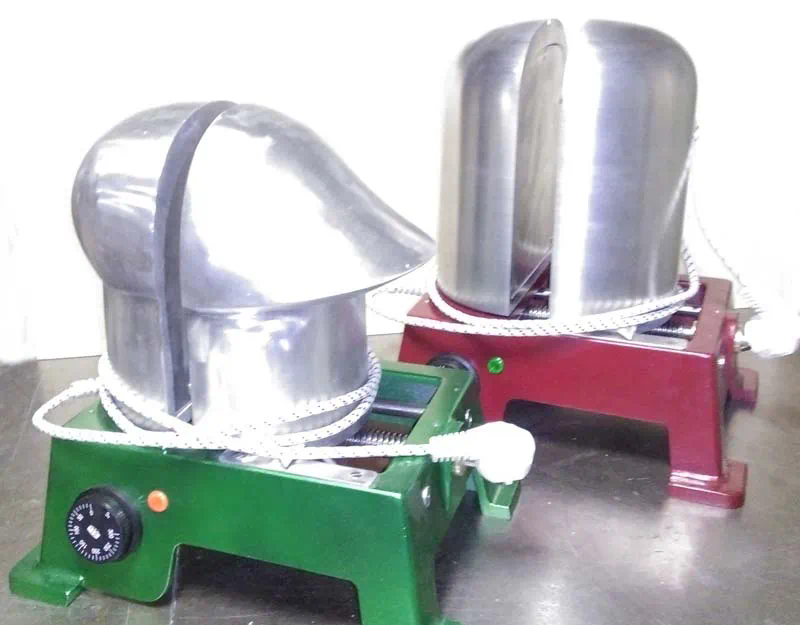Glass-lined reactors are widely used in chemical and pharmaceutical industries due to their excellent resistance to corrosion and ability to handle a variety of chemical processes. These reactors consist of a glass lining applied to the internal surface of a steel vessel. This combination harnesses the strength of steel with the inertness of glass, making it ideal for a range of applications where corrosion resistance is paramount.
Types of Glass-Lined Reactors
1. Jacketed Glass-Lined Reactors
Jacketed glass-lined reactors are one of the most common types, featuring a glass lining on the inside and a jacket outside the vessel. The jacket allows for circulation of heating or cooling fluid to control the temperature inside the reactor. This type is versatile and used in processes requiring precise temperature control, such as polymerization, exothermic reactions, and crystallization.
2. Unjacketed Glass-Lined Reactors

Unjacketed glass-lined reactors lack an external jacket for temperature control. Instead, heat transfer occurs primarily through the glass lining by conduction. These reactors are simpler in design and find application in processes where temperature variations are minimal or external heating/cooling systems are employed.
3. Single-Walled Glass-Lined Reactors
Single-walled glass-lined reactors have a glass coating on the internal surface but lack an additional steel layer. They are suitable for processes where mechanical stress and pressure variations are minimal. These reactors are cost-effective and find use in laboratories and small-scale production where corrosion resistance is essential but heavy mechanical stress is not expected.
4. Double-Walled Glass-Lined Reactors

Double-walled glass-lined reactors feature an additional steel layer between the glass lining and the external jacket. This design provides extra protection against mechanical stress and pressure variations. Double-walled reactors are used in demanding processes where safety and durability are critical, such as in the production of specialty chemicals and pharmaceutical intermediates.
Application Areas of Glass-Lined Reactors
Glass-lined reactors are utilized across various industries for processes that involve corrosive materials or strict purity requirements. Some key application areas include:
.webp)
Chemical Industry
In the chemical industry, glass-lined reactors are indispensable for manufacturing acids, alkalis, organic chemicals, and specialty chemicals. They are used in processes such as esterification, polymerization, oxidation, and chlorination. The corrosion-resistant properties of glass-lined reactors ensure product purity and minimize contamination risks.
Pharmaceutical Industry
Pharmaceutical companies utilize glass-lined reactors for producing active pharmaceutical ingredients (APIs), intermediates, and formulations. These reactors are crucial in reactions involving acids, bases, and solvents where maintaining product integrity and purity is crucial for regulatory compliance and product safety.
Food and Beverage
In the food and beverage industry, glass-lined reactors are employed for producing food-grade additives, flavors, and pharmaceutical-grade ingredients. The inert nature of glass ensures that the final products meet stringent quality standards without contamination from metals or other reactive materials.
Biotechnology
Biotechnological processes often involve glass lined stainless steel reactor sensitive biological materials and enzymes that require a non-reactive environment. Glass-lined reactors are used for fermentations, enzyme reactions, and bio-based chemical syntheses where maintaining sterility and product purity is paramount.
Specialty Chemicals
Specialty chemical manufacturers utilize glass-lined reactors for producing dyes, pigments, coatings, and specialty polymers. These reactors can withstand aggressive chemicals and high temperatures, making them suitable for diverse chemical transformations and formulations.
Advantages of Glass-Lined Reactors
Glass-lined reactors offer several advantages over traditional metal reactors:
– Corrosion Resistance: The glass lining protects against corrosive substances, extending equipment lifespan.
– Thermal Shock Resistance: Glass can withstand rapid changes in temperature without cracking or compromising integrity.
– Hygienic Properties: Glass is non-porous and easy to clean, ensuring high product purity.
– Transparency: Allows visual monitoring of reactions, facilitating process control and troubleshooting.
– Versatility: Suitable for a wide range of chemical processes from laboratory to industrial scale.
Conclusion
In conclusion, glass-lined reactors play a crucial role in chemical, pharmaceutical, and biotechnological industries due to their unique combination of corrosion resistance, thermal stability, and versatility. The various types of reactors cater to different process requirements, ensuring optimal performance glass lined reactor spark test and safety. As industries continue to demand cleaner and more efficient production methods, glass-lined reactors remain a cornerstone technology in achieving these goals.
https://inorthshore.com/
